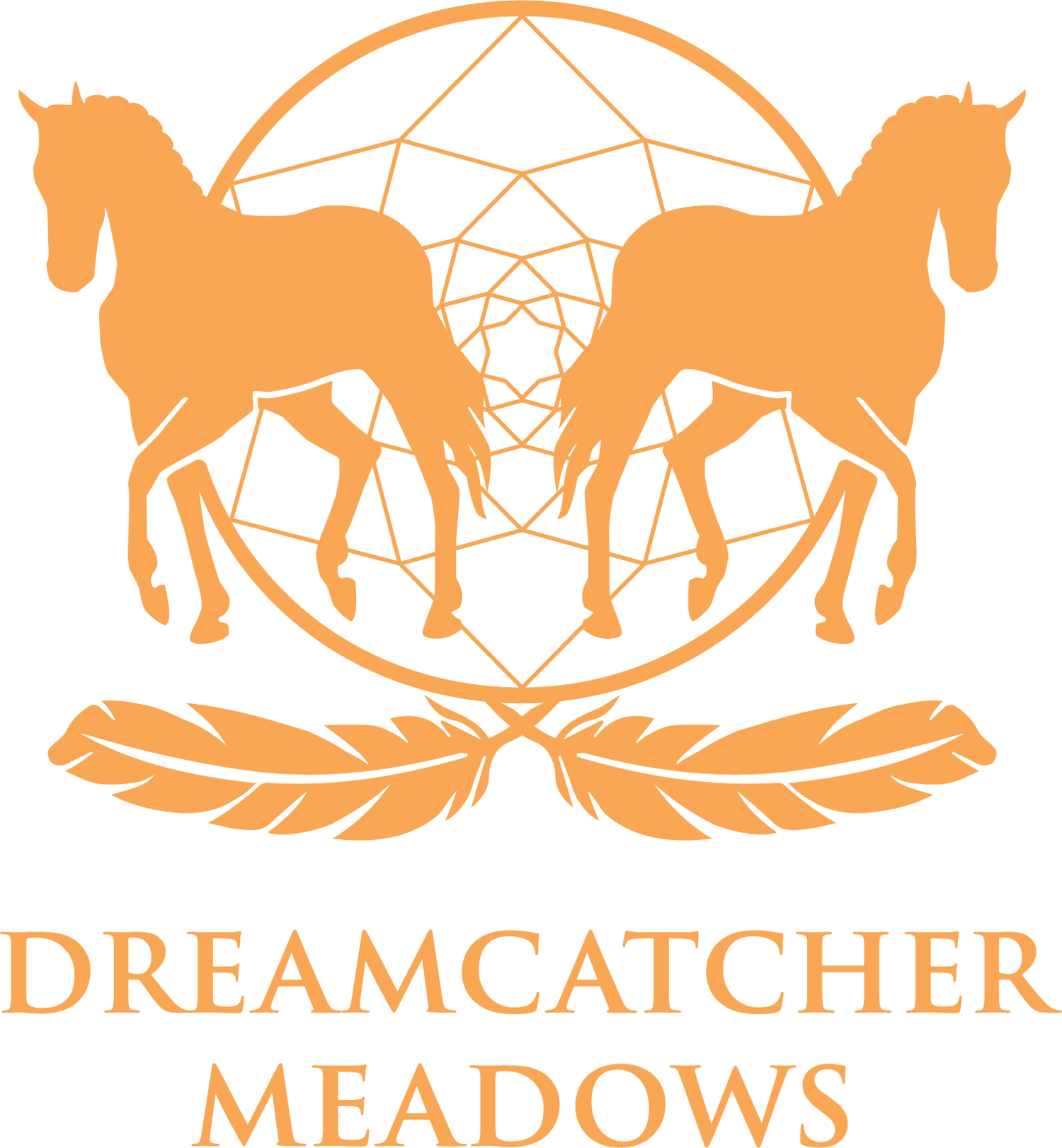Pique News Magazine Article: Pemberton's Dreamcatcher Meadows hit hard by U.S. tariffs
We had the pleasure of speaking with Pique News writer David Song recently on the impact of the US Tariffs on the livelihood of our farm and our animals. Read the article below.
Writer: David Song
Excerpt:
“Sea to Sky businesses are grappling with the effects of tariffs imposed by Donald Trump's administration, and Pemberton's Dreamcatcher Meadows has not gone unscathed.
Many of the local barn's financial woes have to do with sales of their Equimats. Launched in 2004, these are a line of rubber stall mats described by Dreamcatcher co-founder Jill Giese as the "standard in Europe" for both horse and cattle care. The barn has sold hundreds of thousands of units via word-of-mouth and trade shows, even through COVID-19.
The United States has been one of Dreamcatcher's key markets—until now.
"With the tariffs, our income has gone to zero since they were not even implemented, but announced," Giese said. "Orders have been cancelled or postponed, and … it's gone from bad to worse because the only factory in the world that can manufacture our secret formulation is in China. We've been importing container loads of that here to the farm for 20-odd years."
One particular order to the U.S., quoted last month at $16,000, was re-quoted for approximately $37,000. Because of unforeseen shipping delays it crossed the border at a time when tariffs were set at 45 per cent. Giese did not charge the client.
Proceeds of Equimat sales go towards feed and veterinary bills for the numerous animals on site at Dreamcatcher: a cockatoo, some dogs and a large herd of horses. Giese and her partner John Dingle are more than just equestrians—they're passionate about caring for animals that otherwise wouldn't have a home.
If these creatures are no longer able to live at Dreamcatcher, a grim fate might lie in store. According to Giese, Canada is a major exporter of horse meat and she's seen planes full of horses bound for Japan, China and ultimately, consumption.
"We're in between a rock and a hard place," elaborated Giese. "Our digital marketer Zoe Gray has produced a phenomenal number of orders, but they're all American and we can't fill them. A horse born here, I can't sell to the United States without it being subject to a tariff. It's now between $250 and $350 to get a horse's feet done—that's done every six weeks.
"We employ seven people for looking after these animals, and we have the capacity to extend that for retired horses and such, but right now we can't continue to finance what we've got going here. The accountants have just said it's not sustainable."
'We're trying to be in the solution, not in the problem'
In response to these difficulties, Giese and company have established the Dreammaster Foundation: a non-profit to raise funds and facilitate various initiatives giving back to the community.
One such undertaking is a barn dance event slated for June 28, featuring live entertainment, music, comedy and so forth. On that same day, the barn will launch a silent auction to run through the summer.
They'll also be revitalizing their YouTube channel to share various weekly happenings ("you'd never believe what goes on here at the farm," Giese said) with a greater audience.
Such ideas are just the tip of the iceberg. Giese and her team are focusing on the Canadian market and aspiring towards other ventures, such as employing Sea to Sky students and helping them earn university grants, offering half-price facility rentals to community members, donating land to grow the Pemberton Cemetery and making what Giese envisions as a place where folks can spread the ashes of beloved pets.
Various barriers, financial and otherwise, stand in the way—but Giese isn't deterred.
"We've been great sponsors of the local community, always buying locally, doing everything locally, but now we need to find a solution to keep this vision going," she remarked. "We're trying to be in the solution, not in the problem. God bless Canada and all our locals.
"It's people helping people. That's how farmers have done it from time immemorial, and I think in some ways we can turn this into a success story by supporting each other in all sorts of ways. We're going to try and create some social occasions where families and young adults can have a really good time, and we can generate some money for this foundation." “
End of excerpt.
